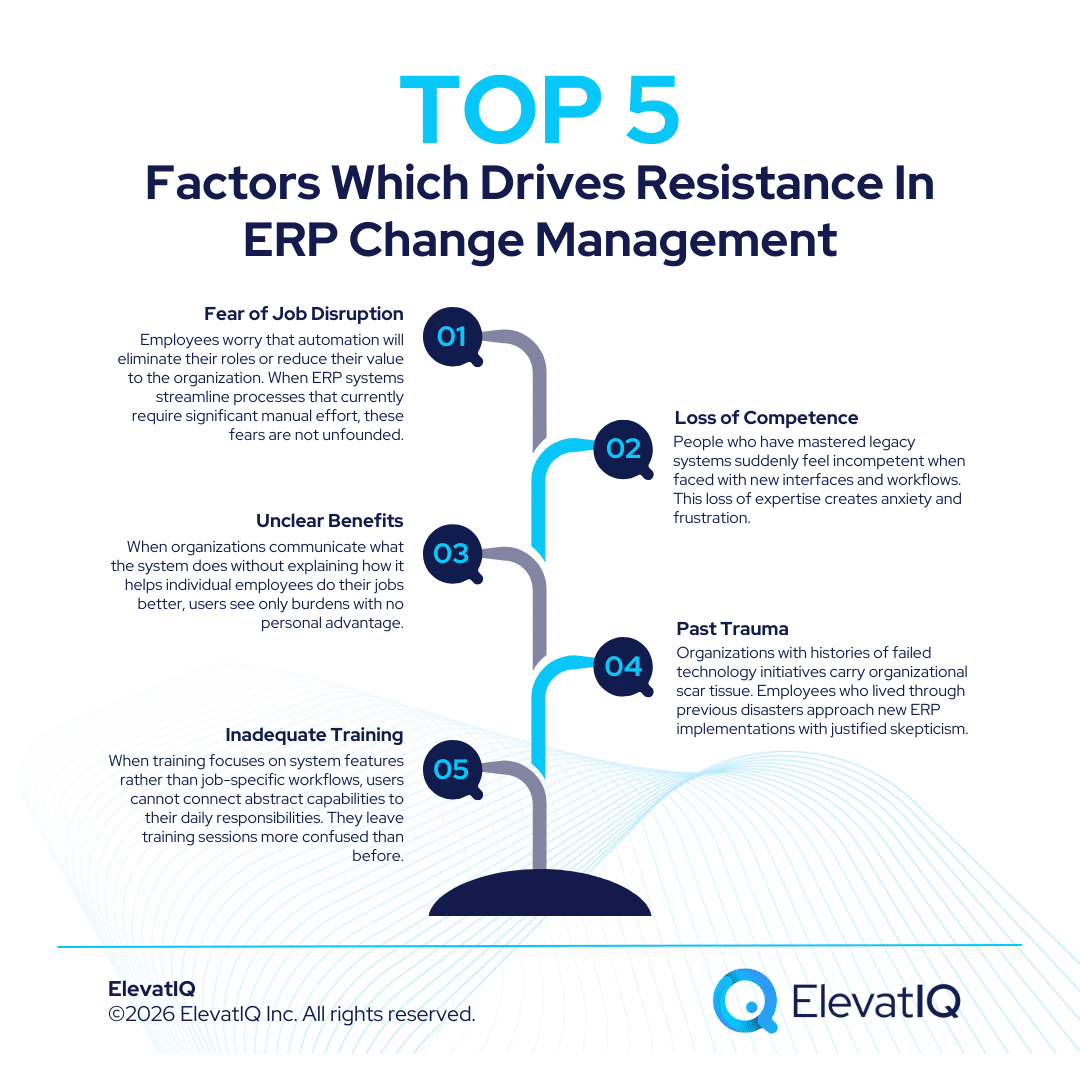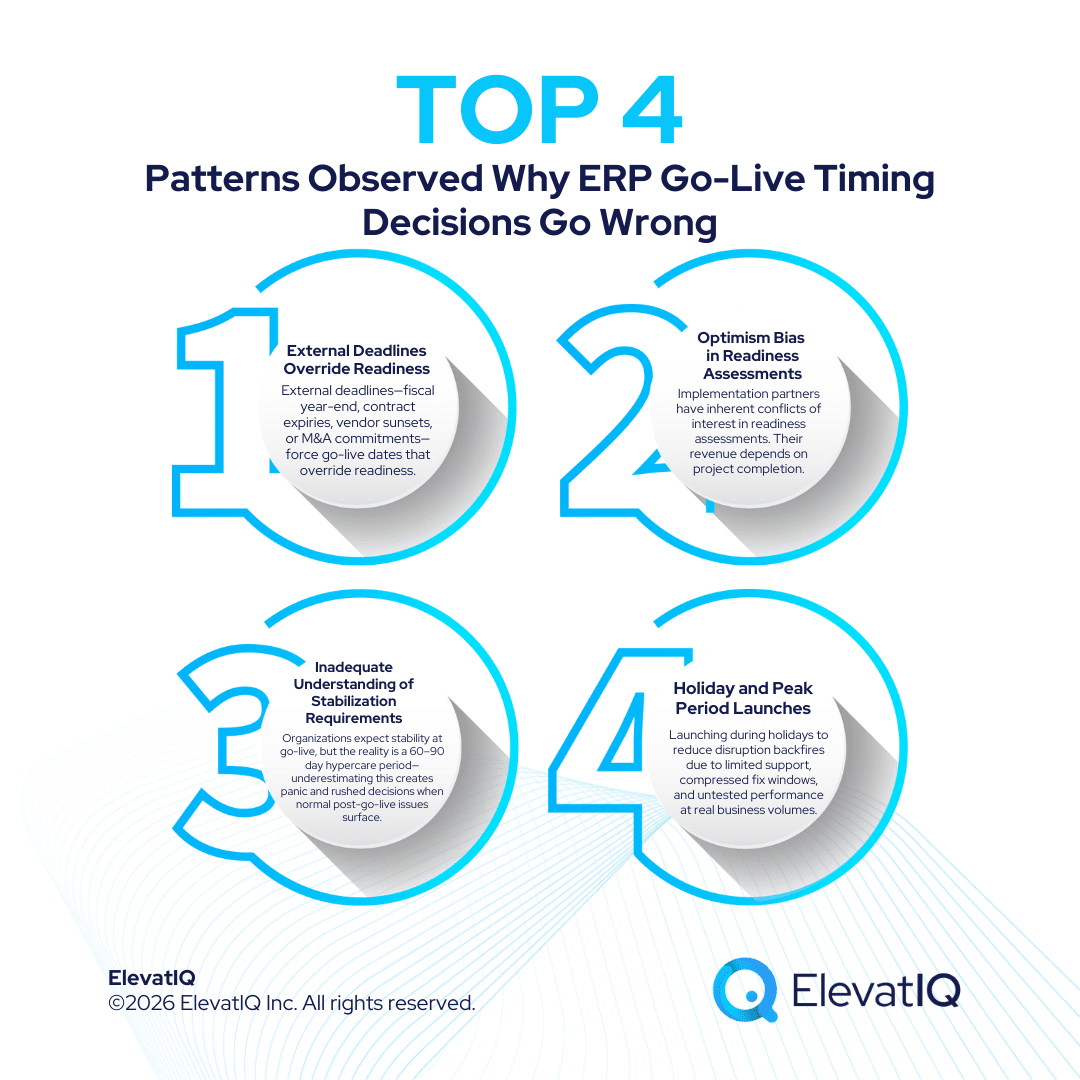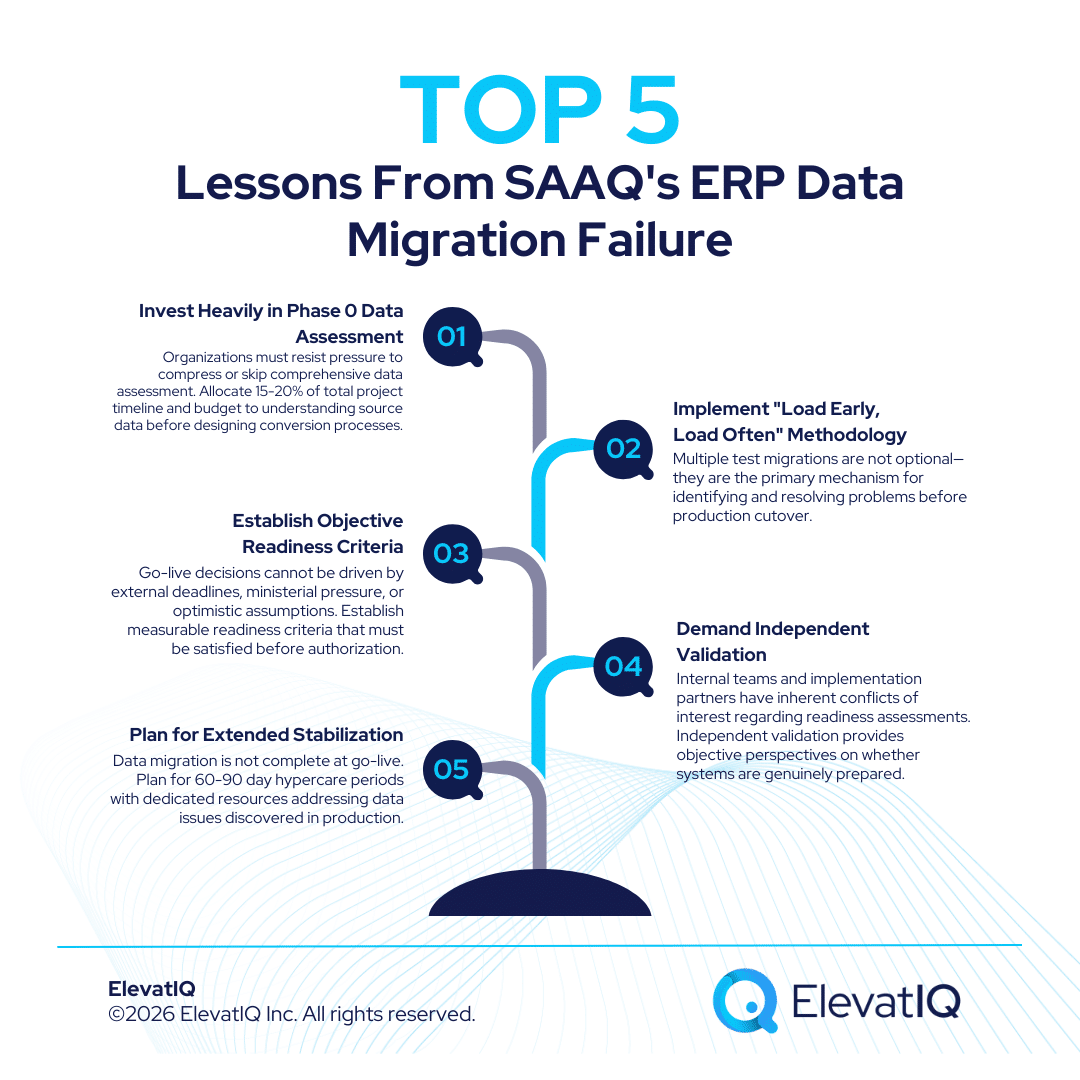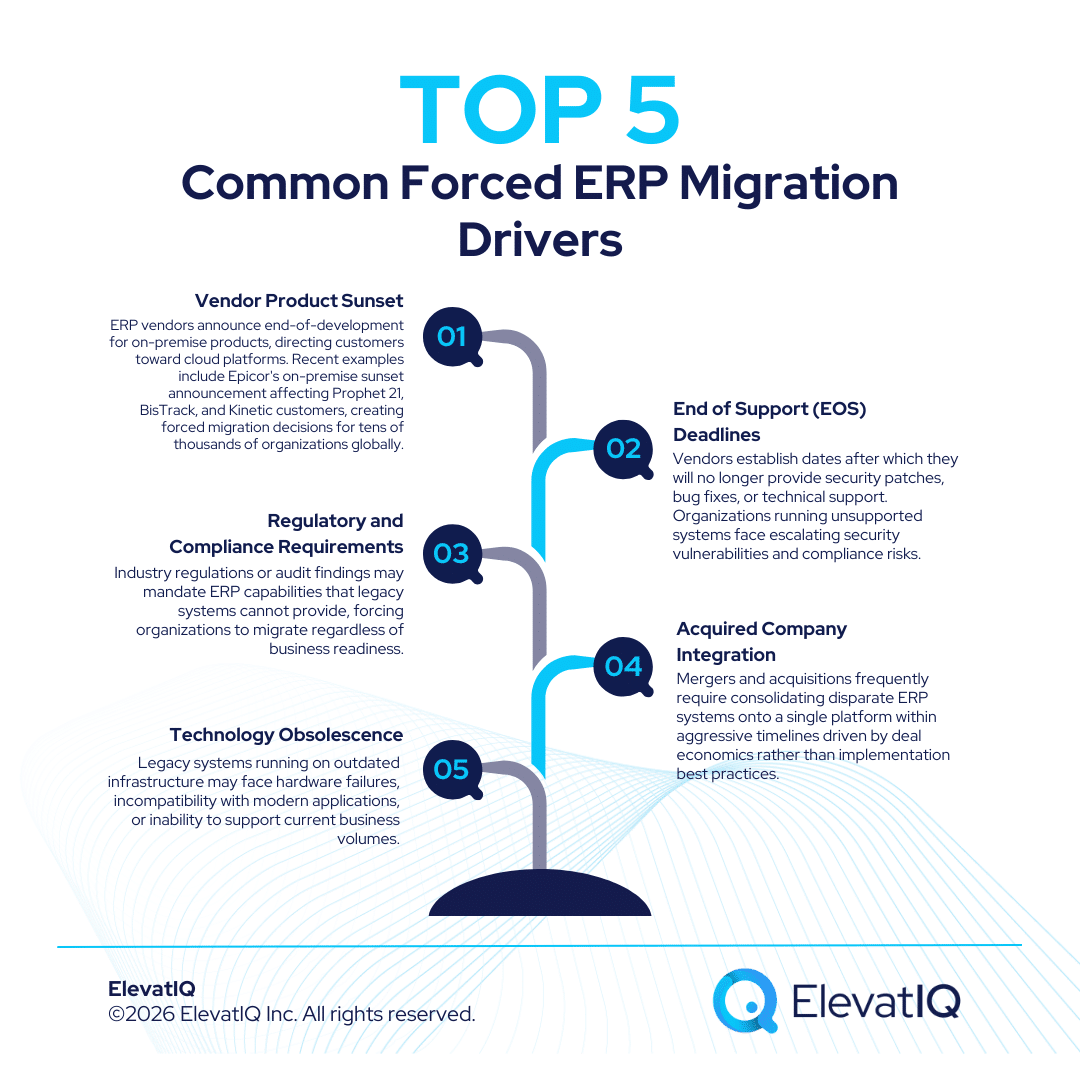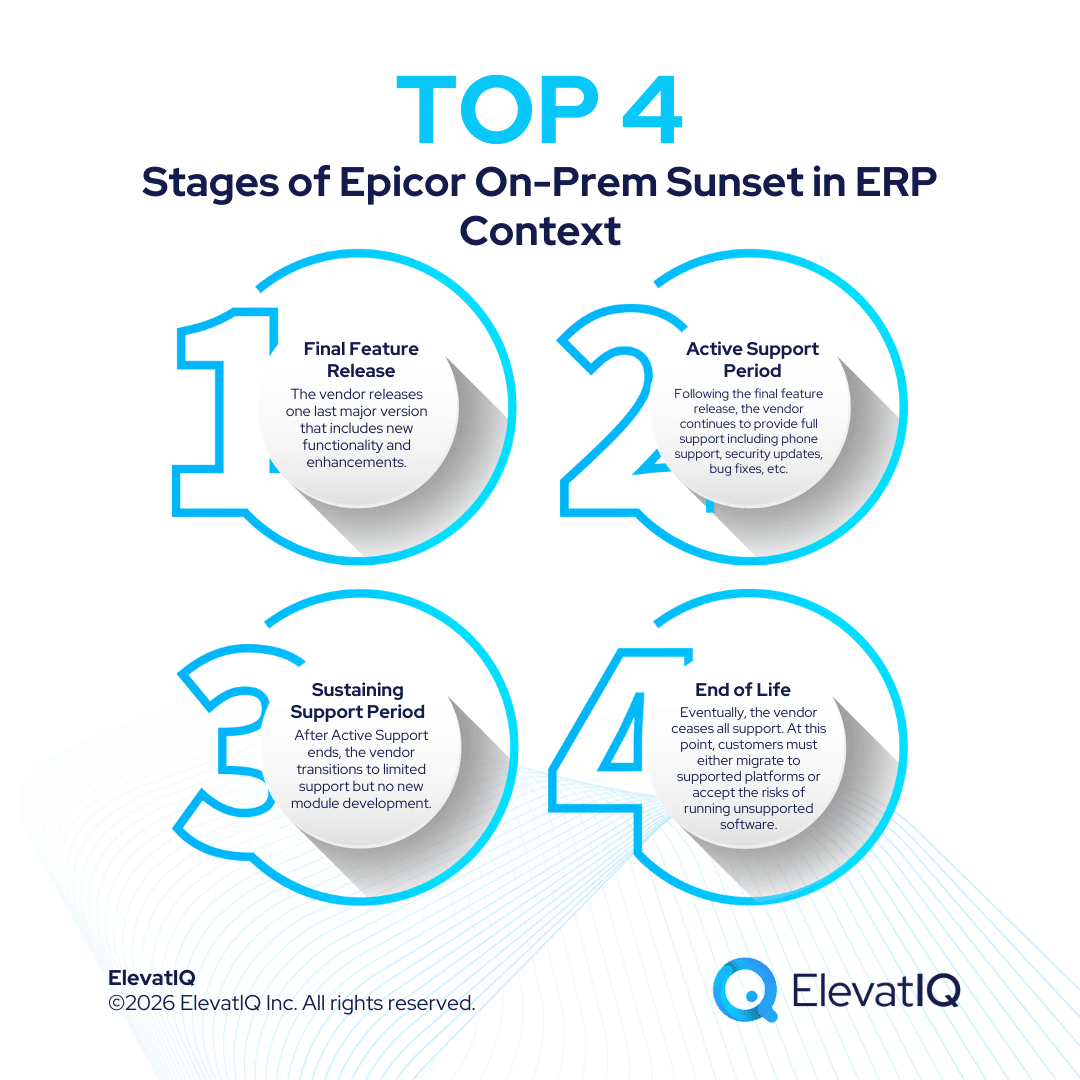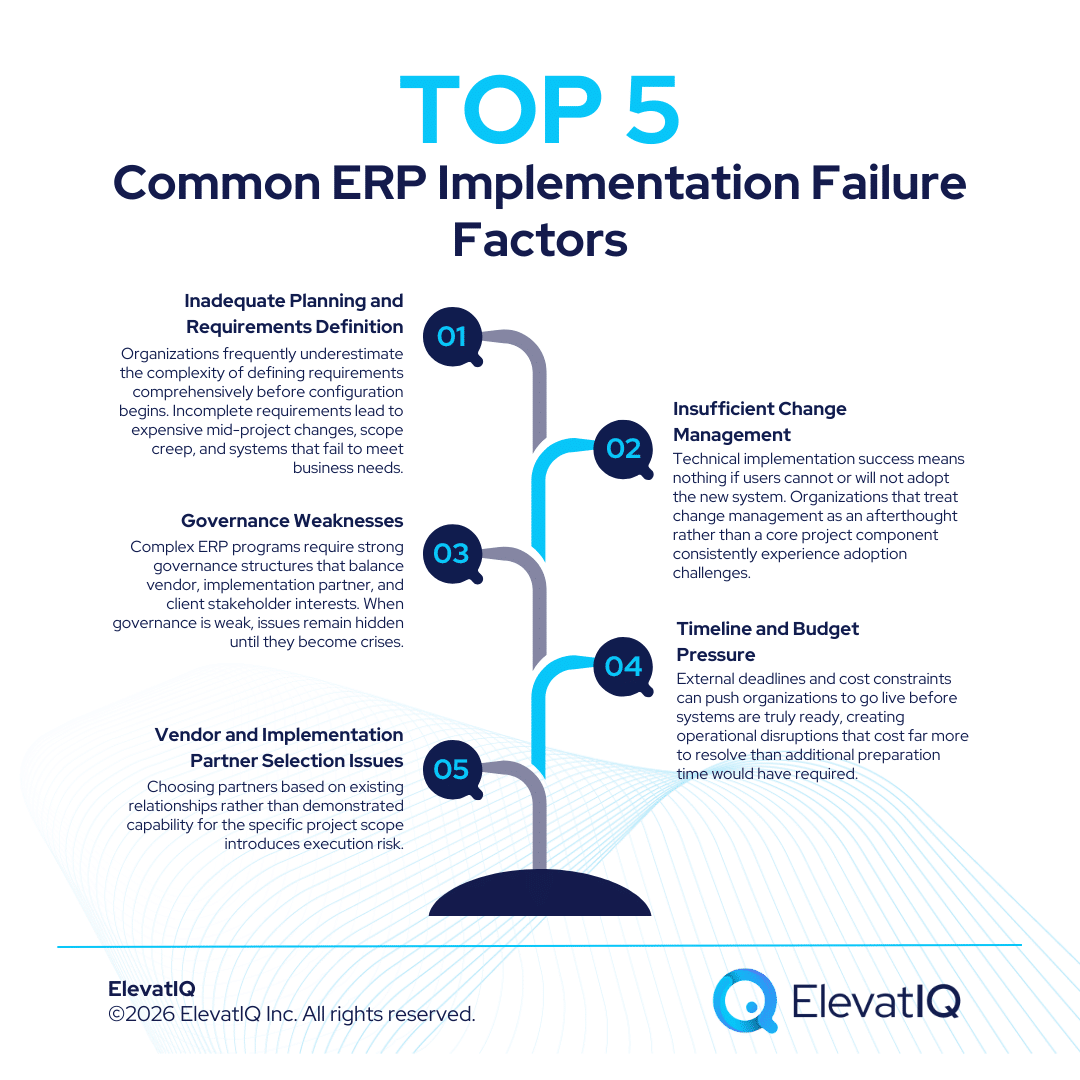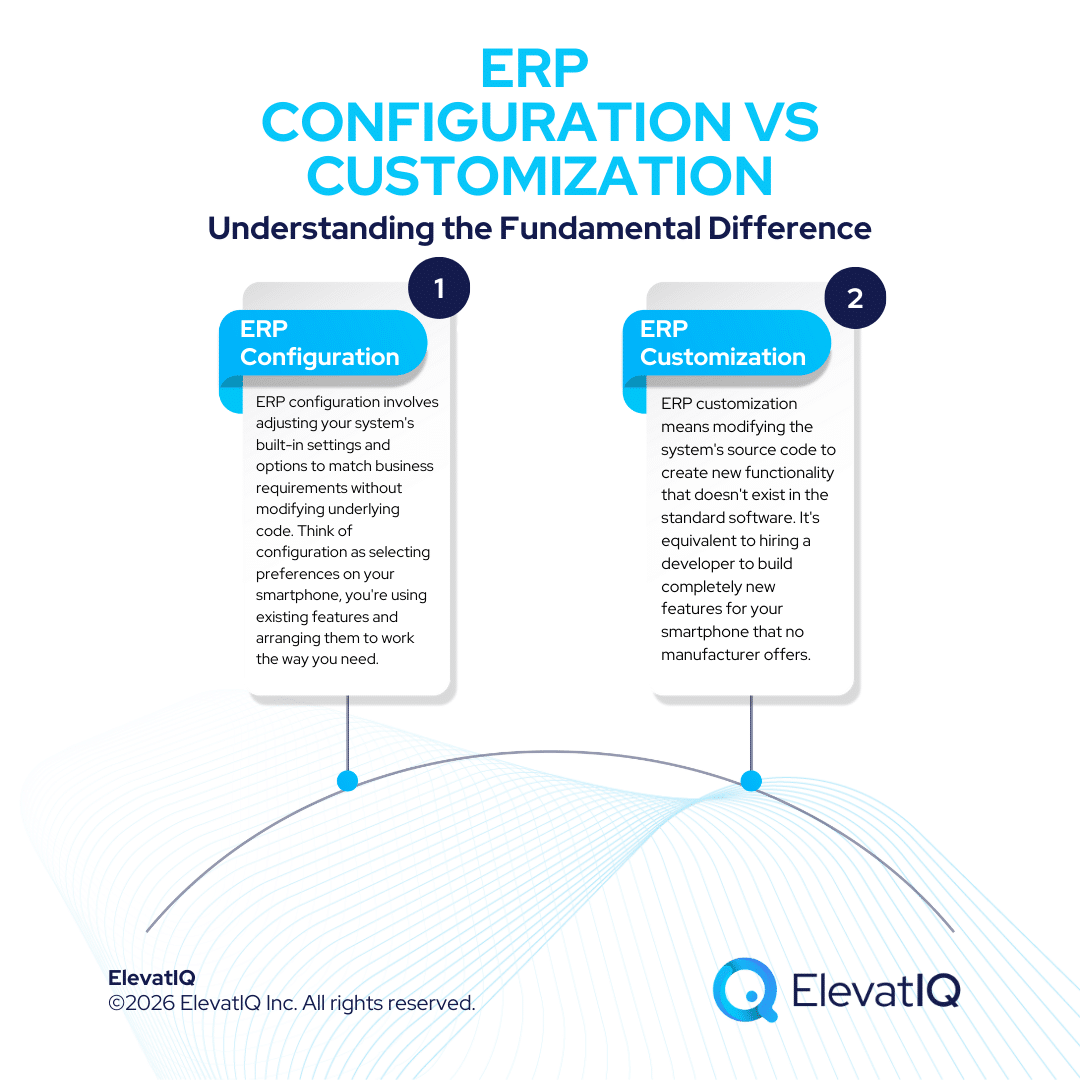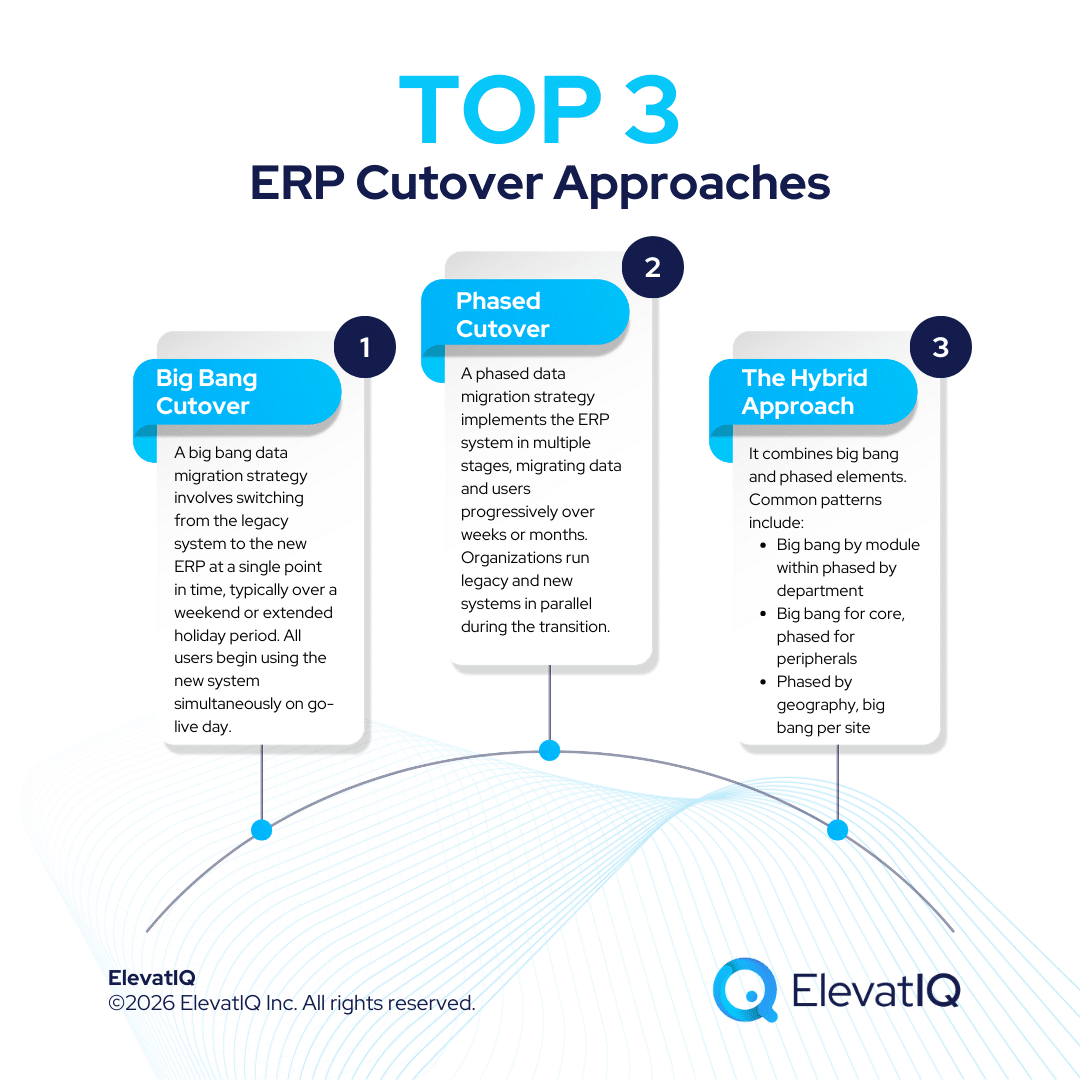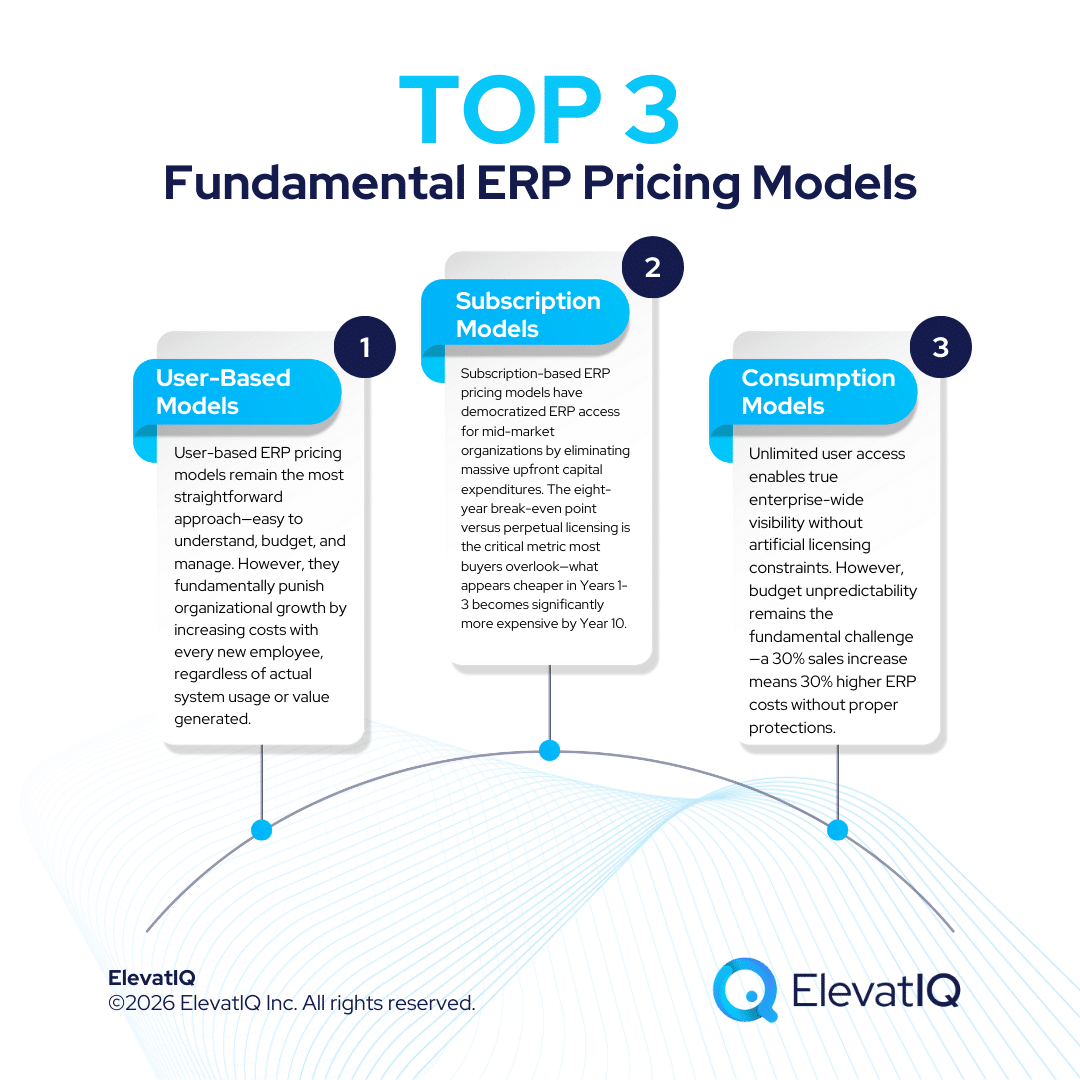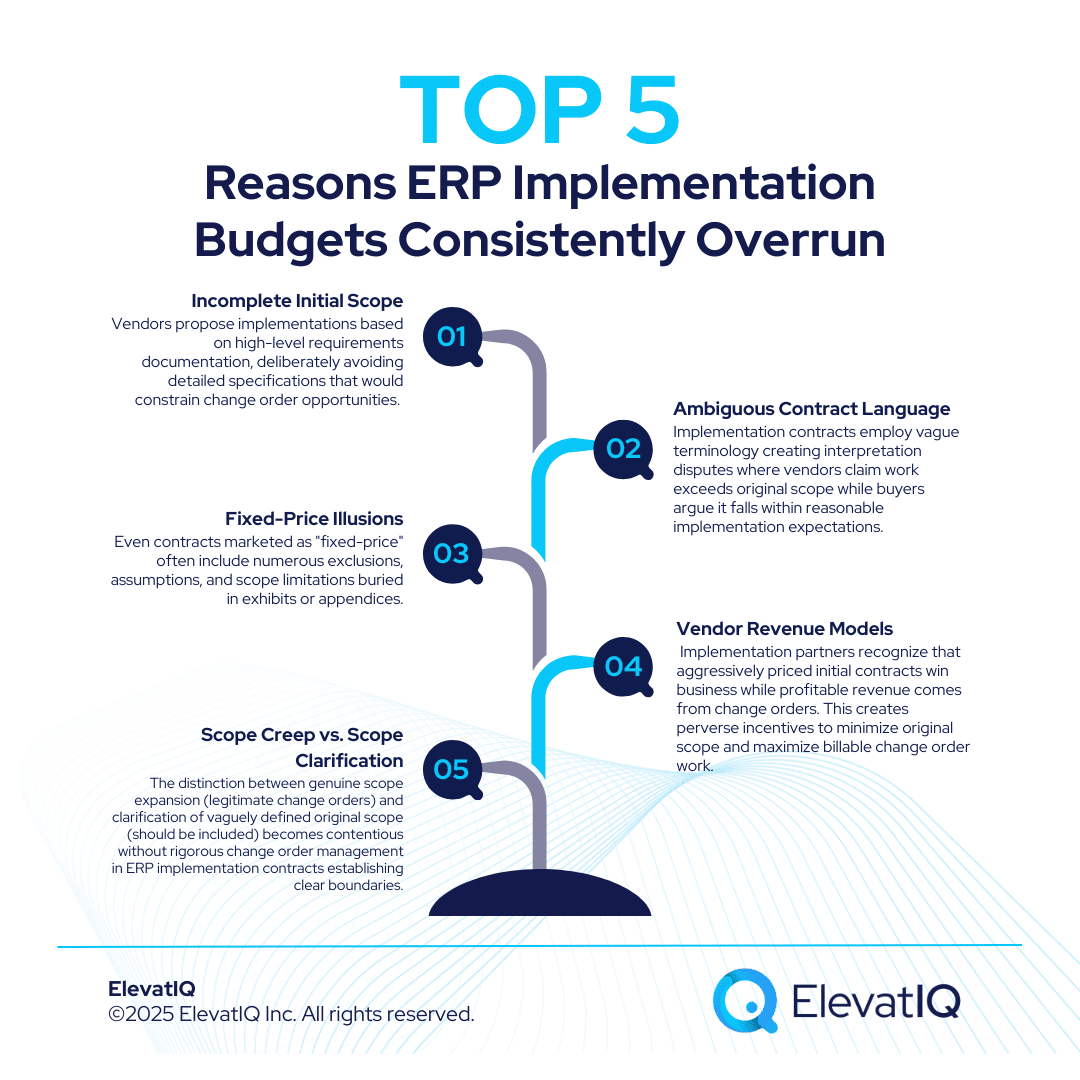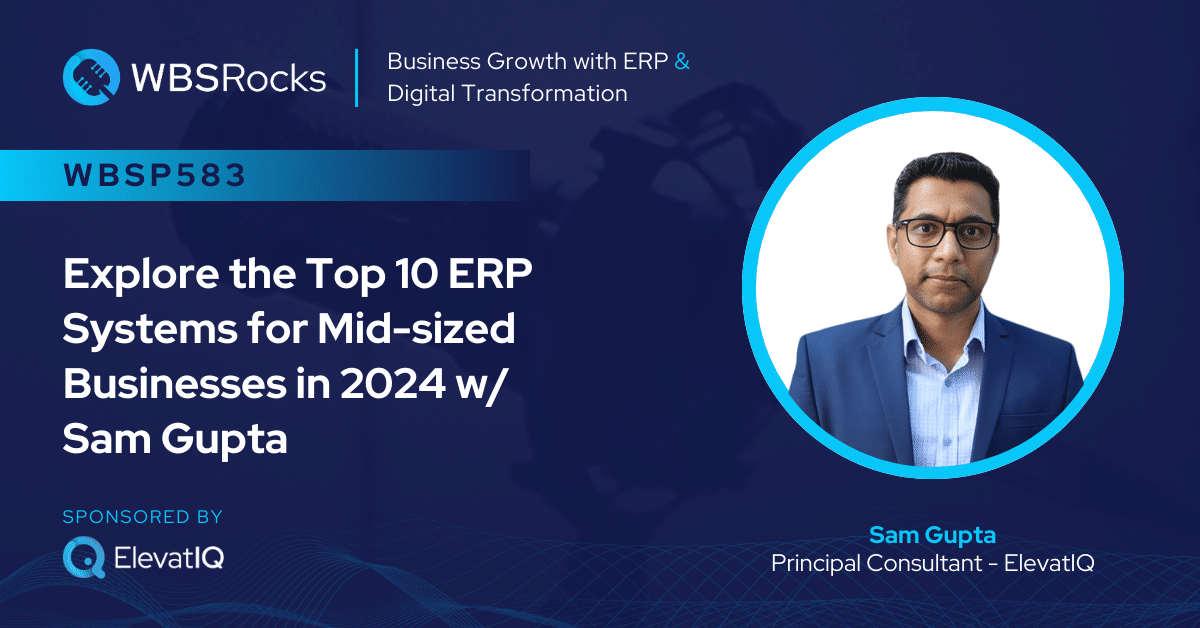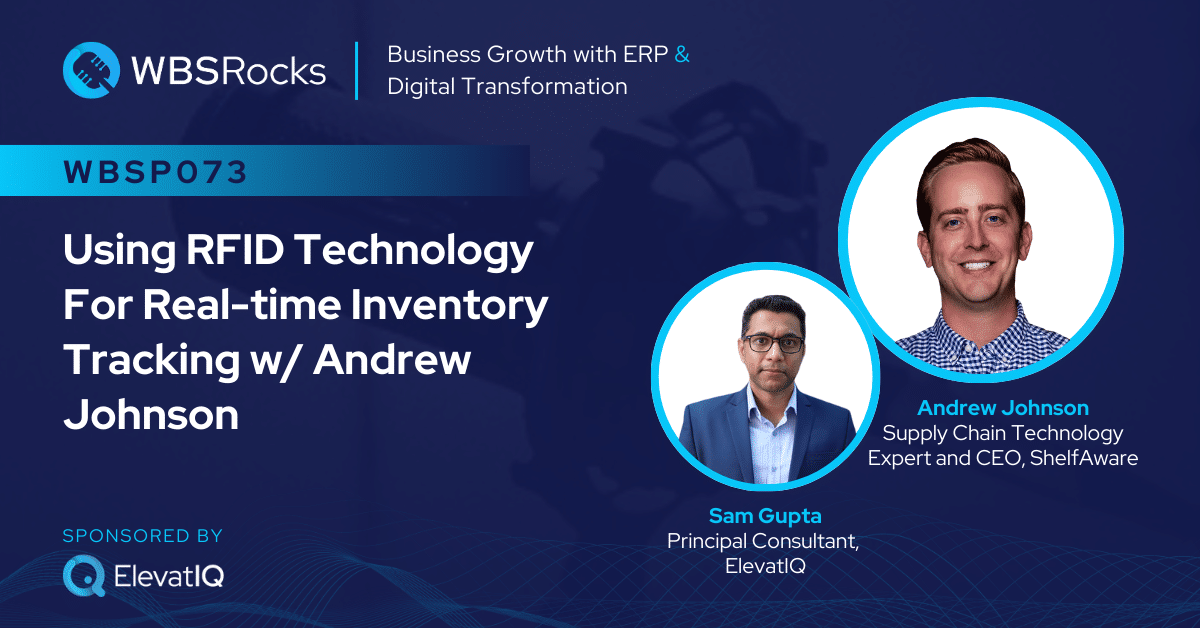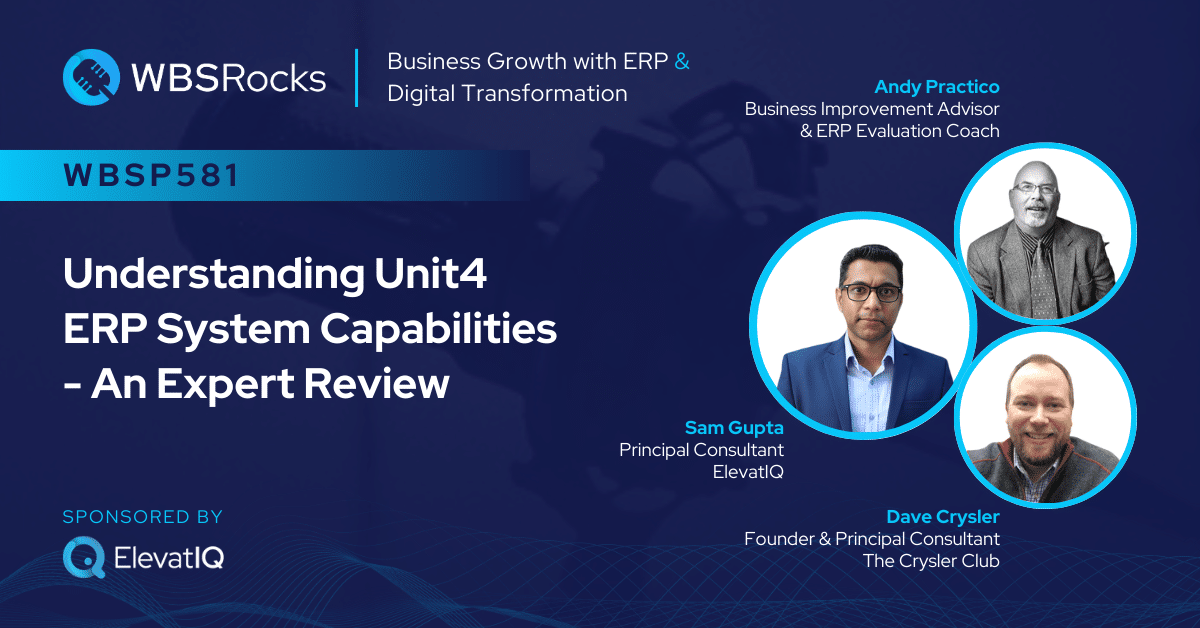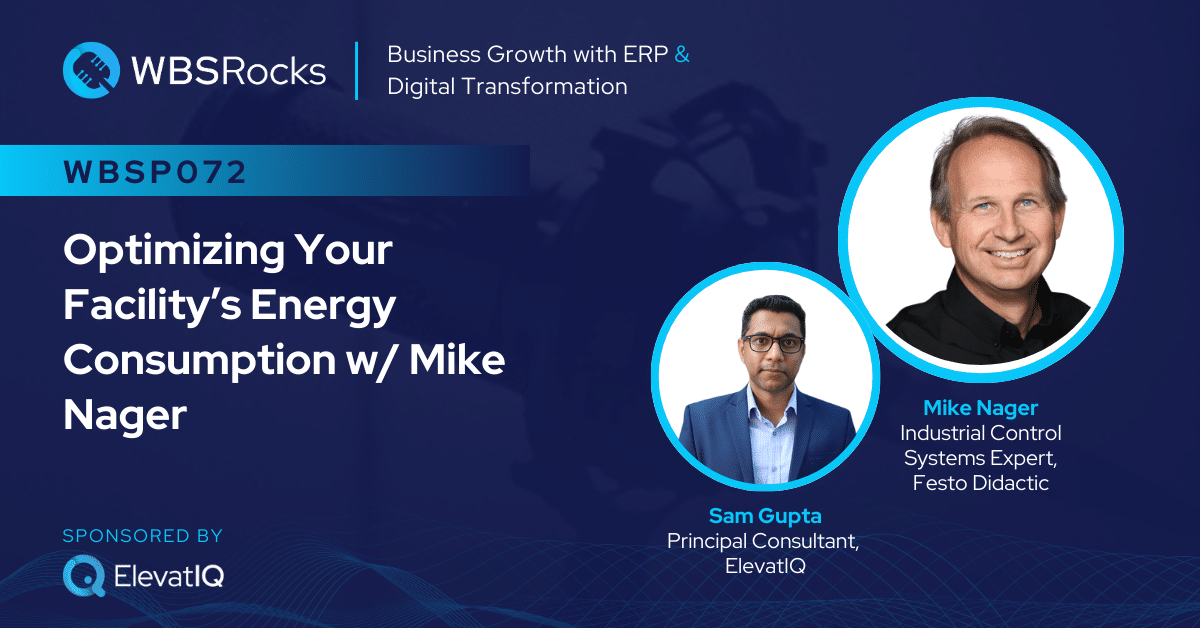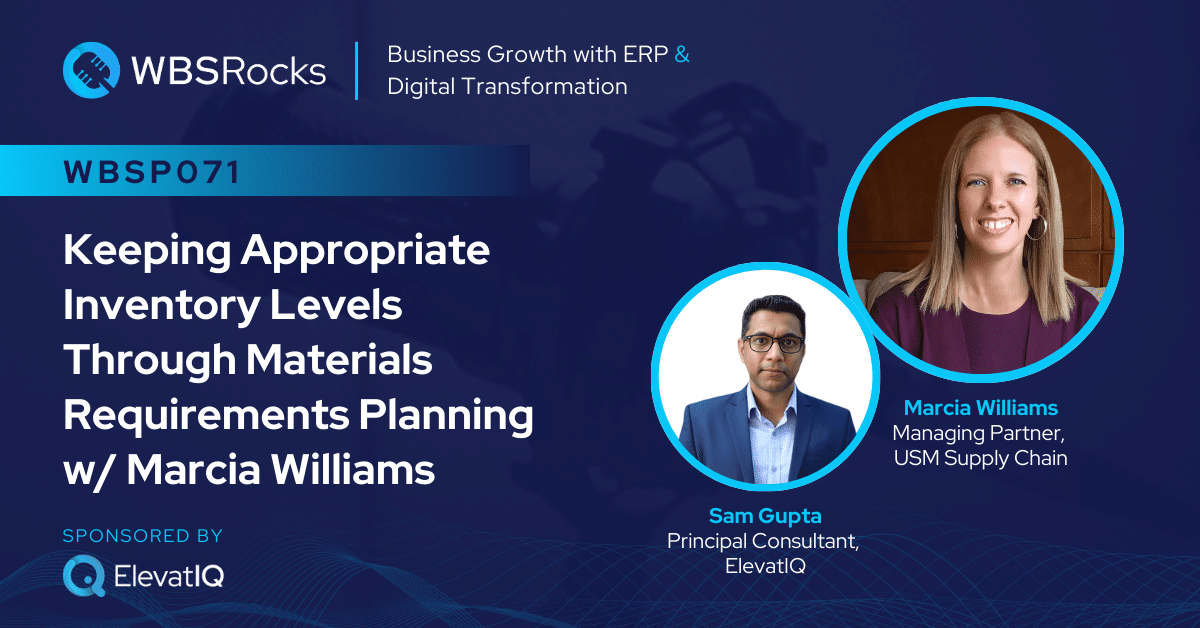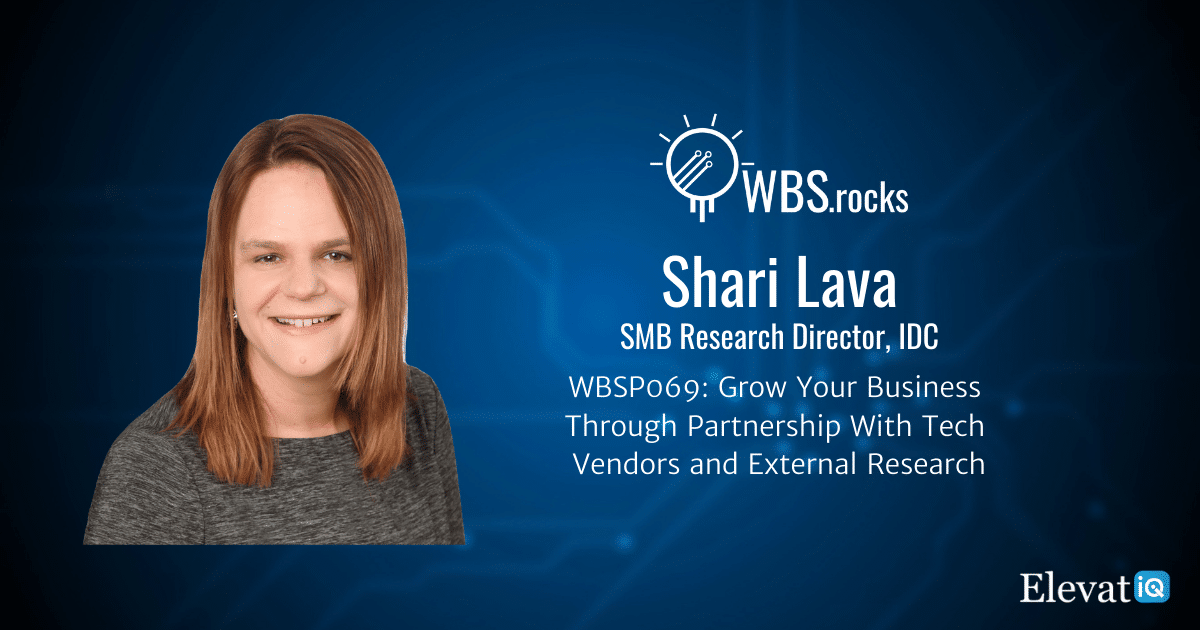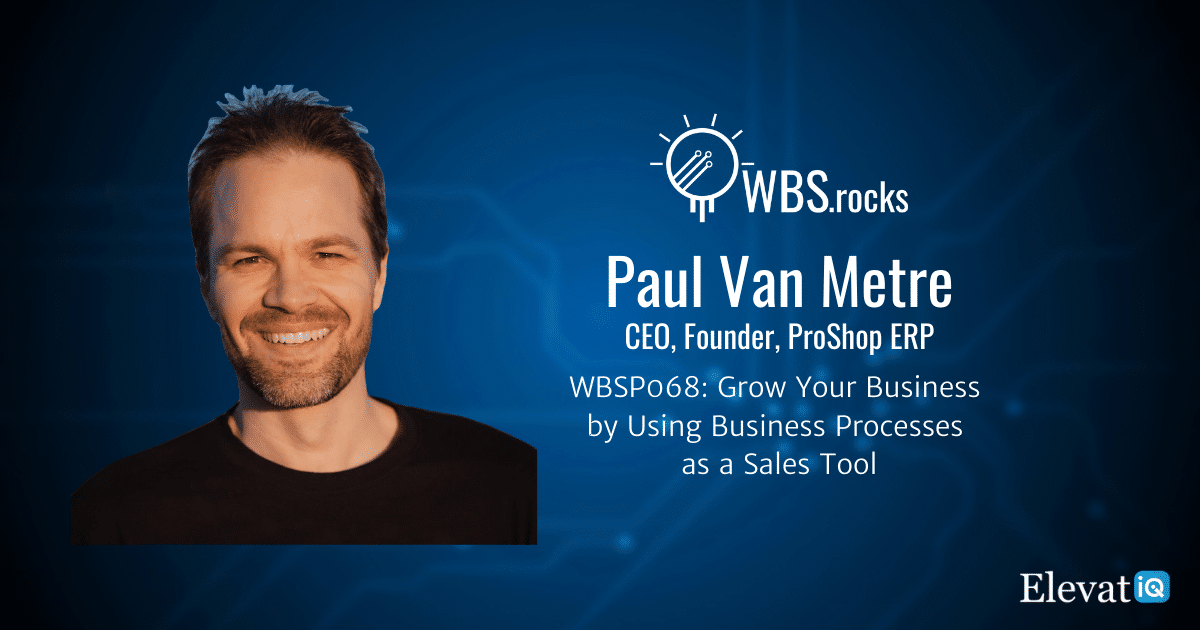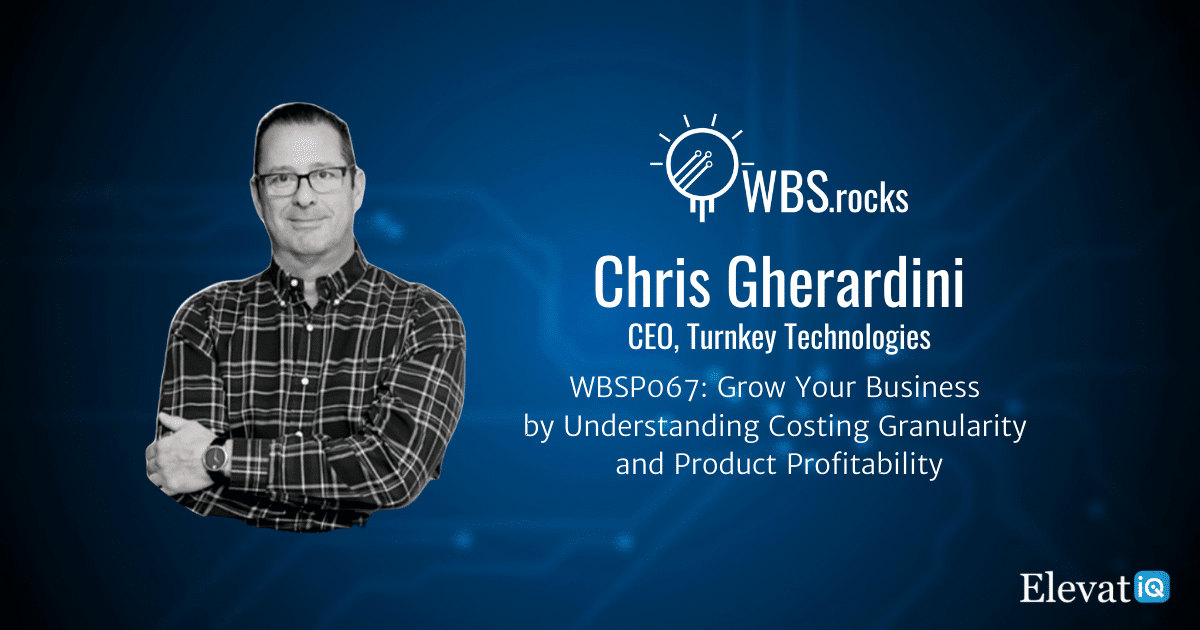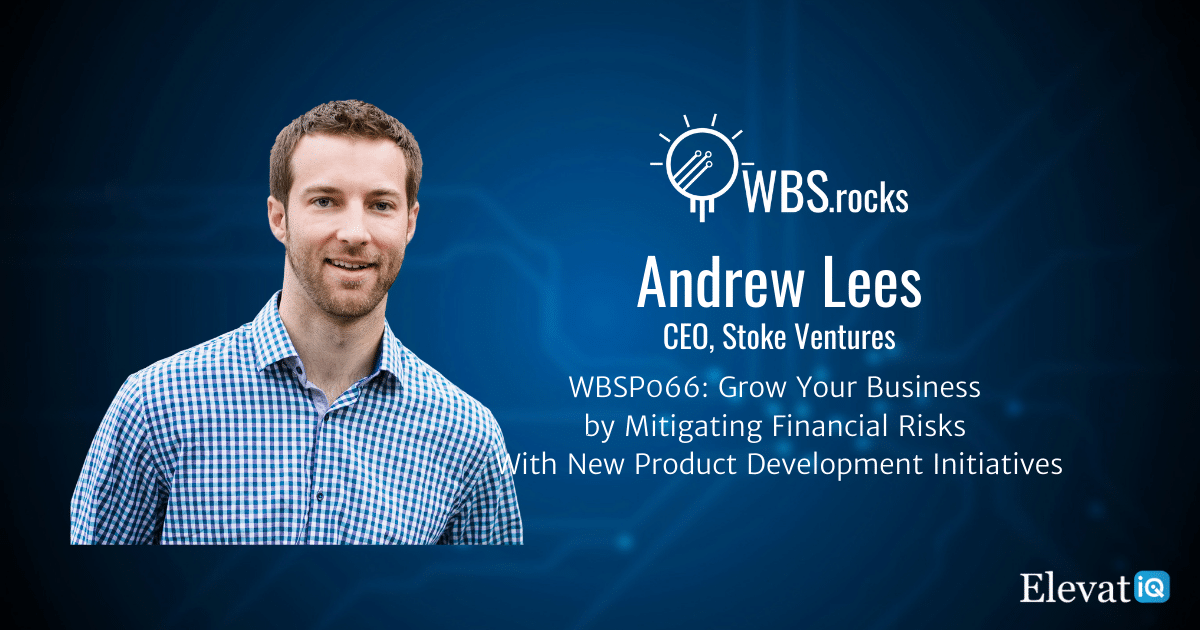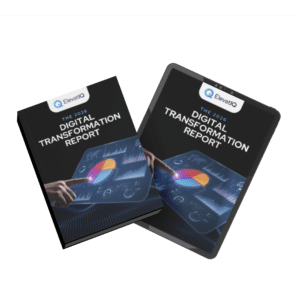ERP Projects Made Successful
Through the structured approach of selecting the right ERP, the proven approach of implementation, and recovering derailed and failed ERP projects.
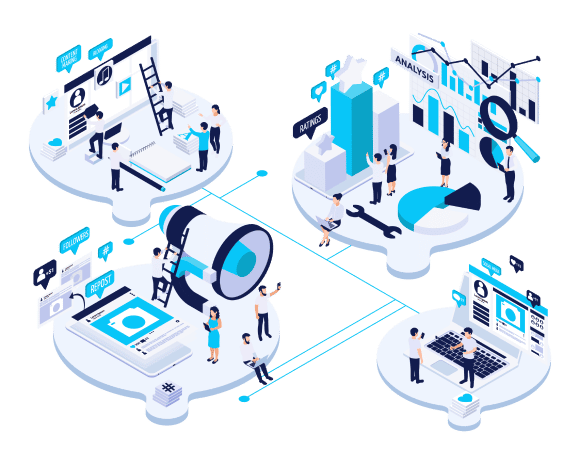
Problems We Solve for Companies
Implementing ERP Systems
Companies outgrowing or modernizing their existing systems might be exploring a new ERP. The other drivers for implementing an ERP could be consolidating the existing system footprint or the acquisitions resulting in data siloes. These companies may need ERP selection consultants or client-side implementation experts, depending on the project’s complexity.
Outgrowing Current Systems
Current systems bottleneck to your growth? Data siloes causing your SG&A to grow faster than your revenue? Integration issues with current systems and processes? Significant admin efforts and fragmented customer experience? ElevatIQ can help if you need ERP selection consultants. As well as in defining your digital roadmap and planning your operations.
Transforming Business Model
Curious about newer business model but not sure how to scale your operations and systems? The newer business model is different from your existing business processes? The new business model requires a completely different ERP strategy. ElevatIQ can help you define the operational capacity and ERP architecture consistent with the new business model.
Consolidating System Footprint
Have too many siloed systems in the architecture? Grew system landscape because of the acquisitions? The current systems feel outdated, with significant data silos? Not sure if implementing an ERP is the right strategy for you? ElevatIQ can help consolidate your system footprint and create strategies aligned with your business goals.
Inventory and Supply Chain Issues
Have significant inventory issues across channels and reconciling by making journal entries? Have substantial demand forecasting issues, and planning doesn’t work as expected? Significant issues in overstocking inventory and stockouts? Not sure how to fix safety stocks and lead time? ElevatIQ can help streamline your planning and help you with Supply Chain Transformation.
Post-merger Integration
Acquiring companies faster than you can streamline your architecture? Not able to define your architecture with the never-ending M&A activity? The newCo business model is no longer consistent with your oldCo? ElevatIQ can help with your post-merger ERP architecture and create scalable and consistent architecture with your acquisition strategy.
Poor Adoption of Digital Processes
Struggling with the adoption of current ERP systems? Most business users operate outside of the operational systems and hijack the processes. Have data quality issues in operations? Not able to hit the KPIs because of poor traceability of your processes? ElevatIQ can help in managing change and help you increase the adoption of your current systems.
Want to learn more about why independent ERP consultants have a higher success rate with ERP implementation projects?
Our Case Studies for
ERP Projects

ECommerce Supply Chain Transformation With ERP Selection
Download the eCommerce Supply Chain transformation case study and learn how LockNLube transformed its inventory and supply chain challenges by consolidating over 20 systems. As well as by creating business, process, information, and system architecture as they prepare for the next phase of their growth.

ERP Implementation Failure Recovery
Download the ERP implementation failure recovery failure case study and learn how Frederick Wildman struggled with Microsoft Dynamics 365 ERP implementation failure even after spending over $5M and what options they had for recovery.

ERP Optimization and Integration Architecture Development
Download the ERP optimization and integration architecture development case study and learn how Work Sharp fixed their broken ERP implementation that caused customer service issues and improved Supply Chain planning.
How is ElevatIQ different?
Other ERP Selection Consultants?
Unlike other ERP selection consultants, ElevatIQ’s expertise is not just limited to technical and architectural needs. ElevatIQ has much deeper capabilities with process transformation, reengineering, and post-merger integrations.
When it comes to business models transformation initiatives such as new channels or business models, you need to analyze your current processes and systems comprehensively. Other technical consulting firms lack the process and transformation expertise, much needed for the business transformation initiatives to be successful.
While most other consulting firms might focus on one or a couple of systems such as ERP, WMS, or eCommerce, they lack the wholistic perspective to build the enterprise architecture. Not to mention the technical risks because of technical biases.
While most other ERP selection consultants specialize in only a couple of systems, ElevatIQ works closely with over 200 systems and tracks them on a regular basis. This allows them to find solutions with the highest ROI exhausting all the possibilities in the market.
Building a vendor-agnostic architecture requires you to draw data flows between different warehouses, channels, processes, and systems. It also requires you to identify the source of truth for each shared dataset. Finally, you need to design master data governance process flows and how you will maintain the integrity of architecture through the process and data controls. There are very few firms like ElevatIQ that have deep expertise in building enterprise architecture that scales.
Most web development agencies don’t have the operations and finance background to understand the ERP data models and create integration flows around them. In most cases, they end up overengineering the web layers, which results in significant challenges for customer experience, such as inconsistent pricing experience or lead times higher than the industry. ElevatIQ can help avoid these challenges through its ERP data model expertise.
Understanding and negotiating software licenses and contracts require you to have an understanding of transaction and integration flows. Your decisions could fire back if you didn’t understand the licensing model of the underlying systems. We have dealt with the licensing of one of the largest enterprise software and understand different architectural patterns and licensing models deeply.
Want to learn more about how ElevatIQ is better qualified than other ERP consultants?
Check Our Popular ERP Blogs
Our
ERP Consulting Services
ElevatIQ’s ERP Consulting services include ERP selection, business process reengineering, requirements management, vendor management and negotiations, ERP implementation, and ERP project recoveries.
ERP Strategy and Selection
Our ERP Strategy and Selection services start with an assessment of the current pain points with the current systems and existing ERP. The assessment results in building high-level as-is and to-be processes and change management and process reengineering recommendations. This phase is then followed by RFP development, vendor demonstrations, and finally, vendor negotiations.
ERP Project Recovery
It’s very common that the ERP implementation would have substantial issues with implementation due to the overengineering of components or processes. The service helps clarify the architecture, remove overengineered processes and data, remove any unnecessary customizations, and rebuild the architecture designed to scale.
ERP Implementation
This service helps clients when they have already decided on the ERP system they would like to implement. ElevatIQ can help whether you want ElevatIQ to implement the ERP or act as the client-side project manager. Our implementation process takes a comprehensive approach, not just focusing on the ERP implementation. But also building the entire architecture.
ERP Optimization
This service helps in optimizing the performance of an ERP. The poorly implemented ERP may have performance issues such as customers taking more than 15 mins to retrieve a record, the planning not being aligned with operations, or BOMs not being consistent with the needs of the production floor.
Check Our Popular YouTube Videos
Manufacturing Playlist

0:16


0:16

0:16

Our Methodology
for ERP Selection and Implementation
Our methodology starts with the assessment of your current systems and existing ERP. This step is typically followed by business process reengineering, high and low-level design, implementation, and training.
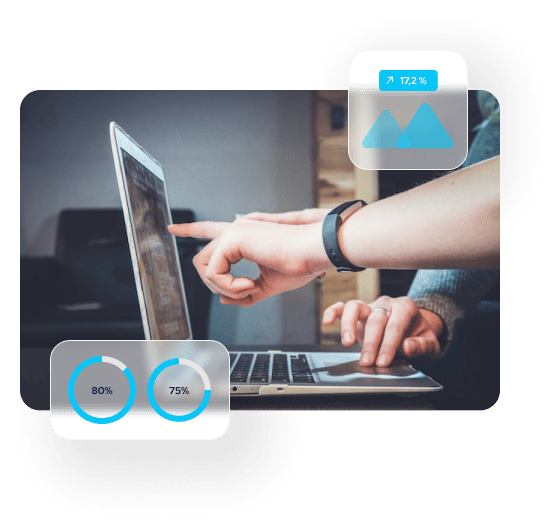
1 Assessment
This phase starts with the as-is and to-be analysis of the business model, business vision, and current & future processes. It also analyzes current systems and architecture, as well as changes to the processes, master data, and system landscape.
3 Solution Matrix Development
This phase evaluates over 200 ERP systems against critical success factors and builds an initial list for the next phase. The solution matrix is continuously revised while aligning the expectations of all stakeholders as the process advances.
5 Vendor Demonstrations
This phase would be a series of demos to evaluate the capabilities of a solution and align stakeholders in how their life would be with the new ERP. After each demo, the stakeholders are briefed on the potential pros and cons of each solution.
7 Implementation
This step builds on the process and data engineering completed in the selection phase and configuring the system as per the needs. Once configured, the processes are tested and tailored until the system achieves the desired outcome. Once the system works as desired, the master data is uploaded, and the system goes live.
2Requirements Matrix and Critical Success Factors
This phase digs deeper into the as-is and to-be process models. It also identifies the critical success factors that will drive the RFP and vendor demonstrations.
4 RFP and Demo Scripts Development
This phase builds a comprehensive RFP that will be sent out to the initial vendors. This phase also builds the demo script that will set the expectations for each of the demos.
6 Contract Negotiations
This phase would be the contract negotiation of the software and services agreement. This phase might require several different matrix, such as user-solution mapping, interface license mapping, transaction license mapping, etc.
8 Adoption and Optimization
Post-implementation, this step helps in gathering feedback from the users if the initiative is aligned with their expectations as well as whether the ERP system has helped them hit their KPIs.This phase iterates until the stakeholders confirm the results from the new ERP.


